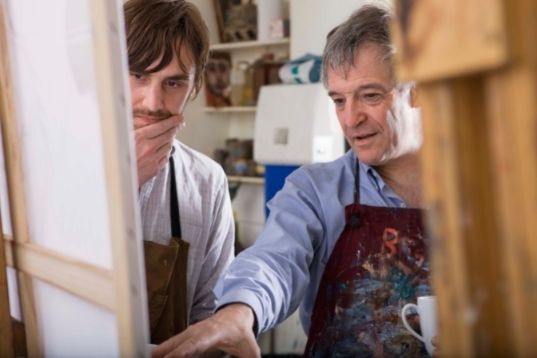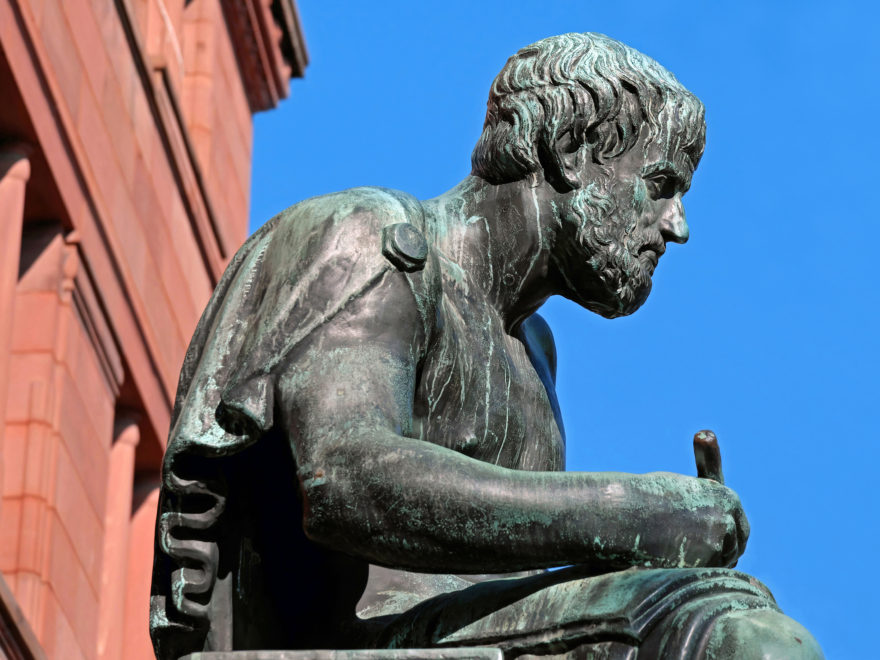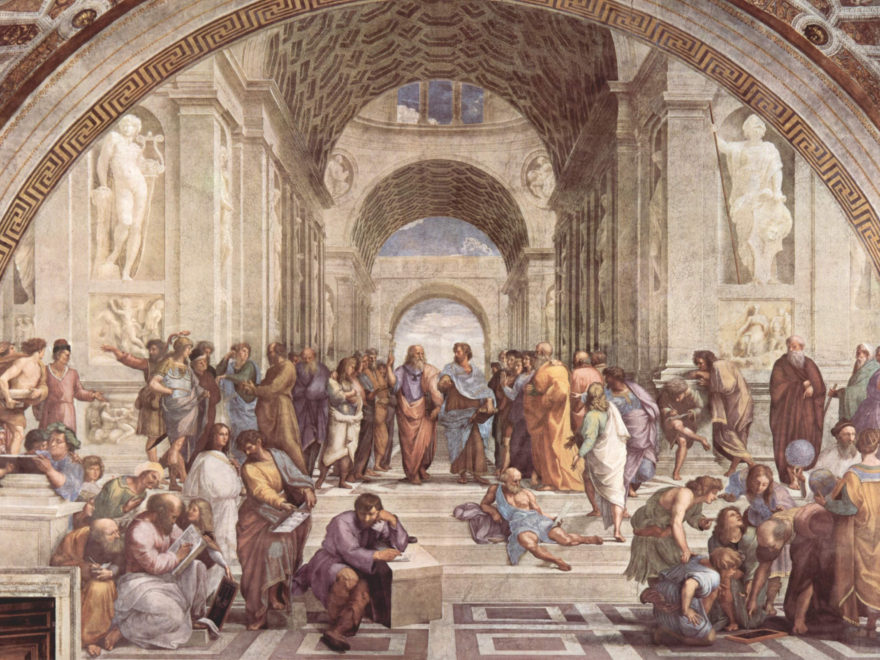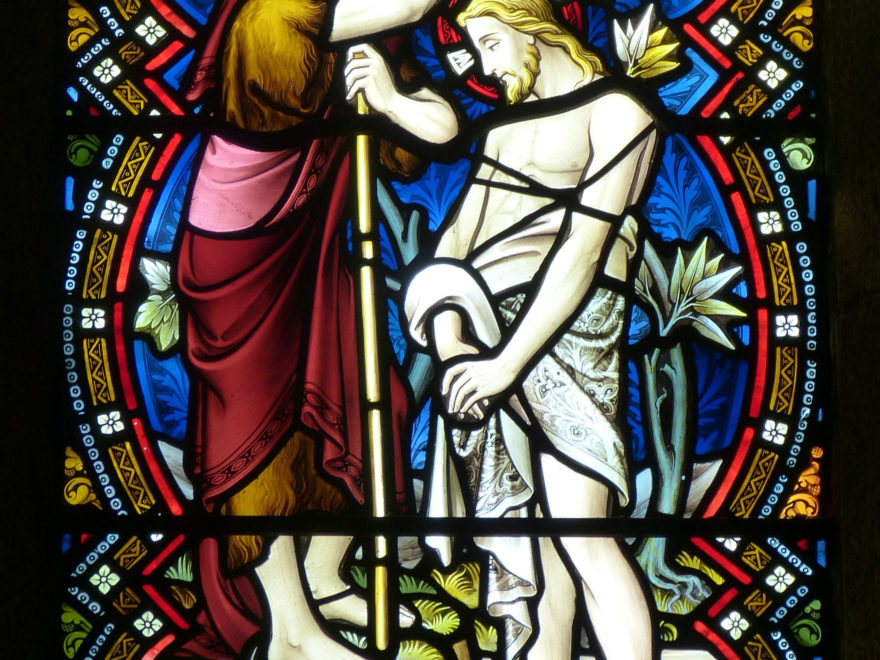Tag: history of education
-

Preparing Students to Engage the World
One goal of a Christian education ought to be to prepare students to engage the world from a Christian perspective. That is, Christian educators should seek to prepare students to navigate life outside the school walls–the ideas, customs, practices, and expectations of the world around them–as followers of Jesus Christ. Each cultural time period generates…
-

The Life of the Mind, Part 1: From Proverbs to Einstein
It seems to me that we have lost sight of the significance of the human mind. Here I mean more than one’s brain, but not less than it. Humans cannot be reduced to physical neurology, but neither can they be understood apart from it. We are mind-body unities, created as embodied souls, or ensouled bodies,…
-

Apprenticeship in the Arts, Part 1: Traditions and Divisions
The previous two articles have paved the way both for our discussion of Aristotle’s intellectual virtue of techne, artistry or craftsmanship, as well as the intellectual virtue of phronesis, practical wisdom or prudence. In a strict sense, the analogy between artistry and morality is aside from our central argument, which consists in working out the…
-

Practicing in the Dark or the Day: Well-worn Paths or Bushwalking, Artistry and Moral Virtue Continued
In my last article we explored the analogy between Aristotle’s intellectual virtue of artistry or craftsmanship (Greek: techne) and moral virtue, taking our cue from the Nicomachean Ethics book II. Along the way we discovered the foundation for these two types of excellence in habit development or the neural networks of the brain. Excellence, according…
-

Human Development, Part 1: What Do You Have in Mind?
A sound pedagogy requires a good understanding of anthropology (the study of human beings including our nature, our biology, our behavior and our social patterns) and of epistemology (the study of the nature of knowledge and how humans experience and acquire knowledge). One way these key areas of study (anthropology and epistemology) converge pertains to…
-

The Flow of Thought, Part 4: The Seven Liberal Arts as Mental Games
There’s a lot of talk these days about the war between STEM and the liberal arts (which we are meant to understand as the humanities generally). Often this gets posed as a trade-off between a utilitarian education—training our future engineers, scientists and programmers—vs. a soft education in human skills and cultural awareness. Given the hype…
-

Aristotle and the Growth Mindset
Whether you’ve been involved in the world of education, sports, self-help or business, it’s likely that you’ve heard of Carol Dweck’s growth mindset. A Stanford University psychologist, Carol Dweck popularized her findings about how much success in any endeavor depends on a person’s mindset. In her book Mindset: The New Psychology of Success, she explains…
-

Welcome to Educational Renaissance
Welcome to Educational Renaissance! Here you will find thoughtful engagement with educational ideas. Jason and I have devoted ourselves to the craft of teaching, accumulating hours in the classroom (sometimes together), providing oversight and mentoring as administrators, and exploring important ideas as speakers. We believe educational renewal can occur as we thoughtfully understand the great…


